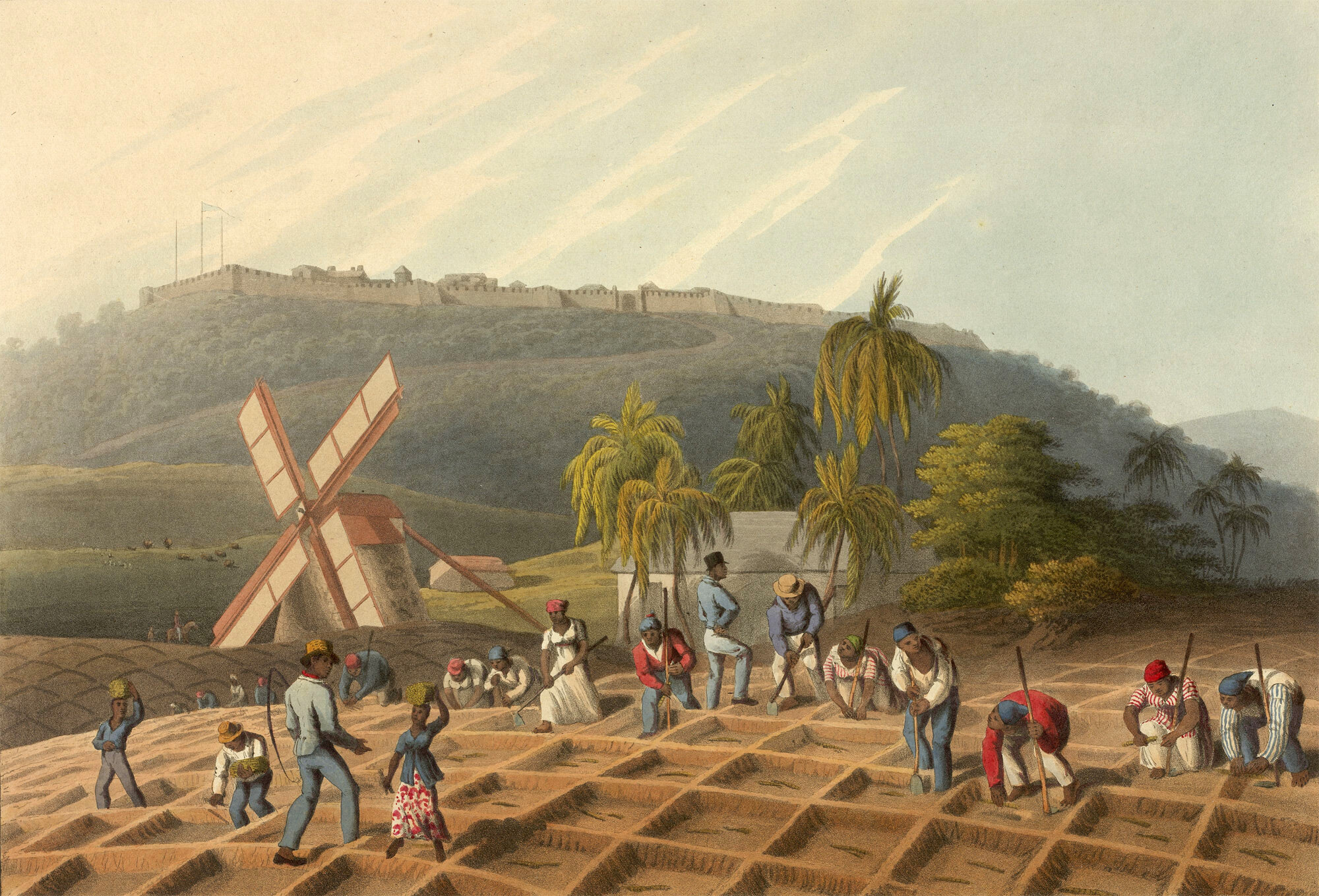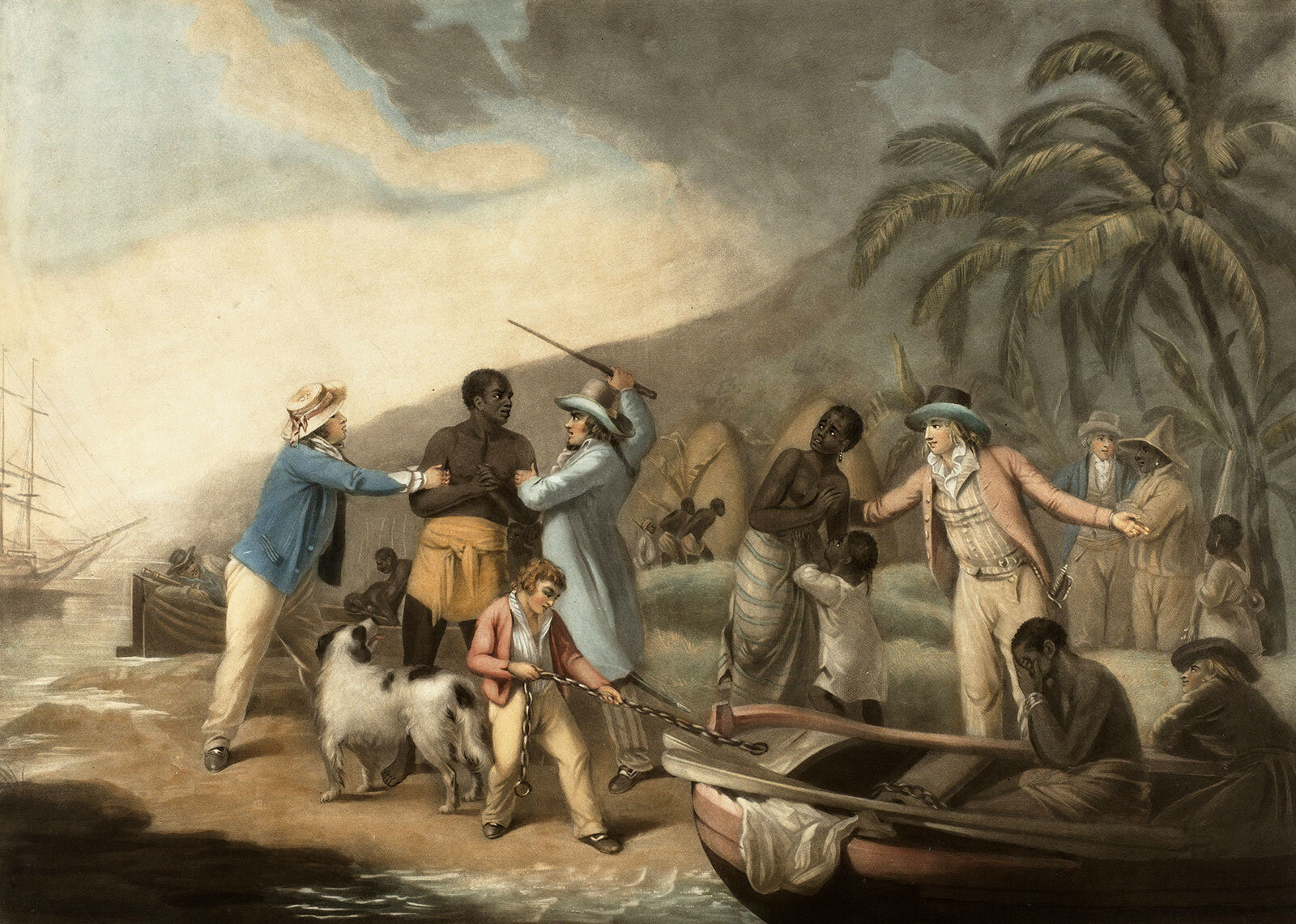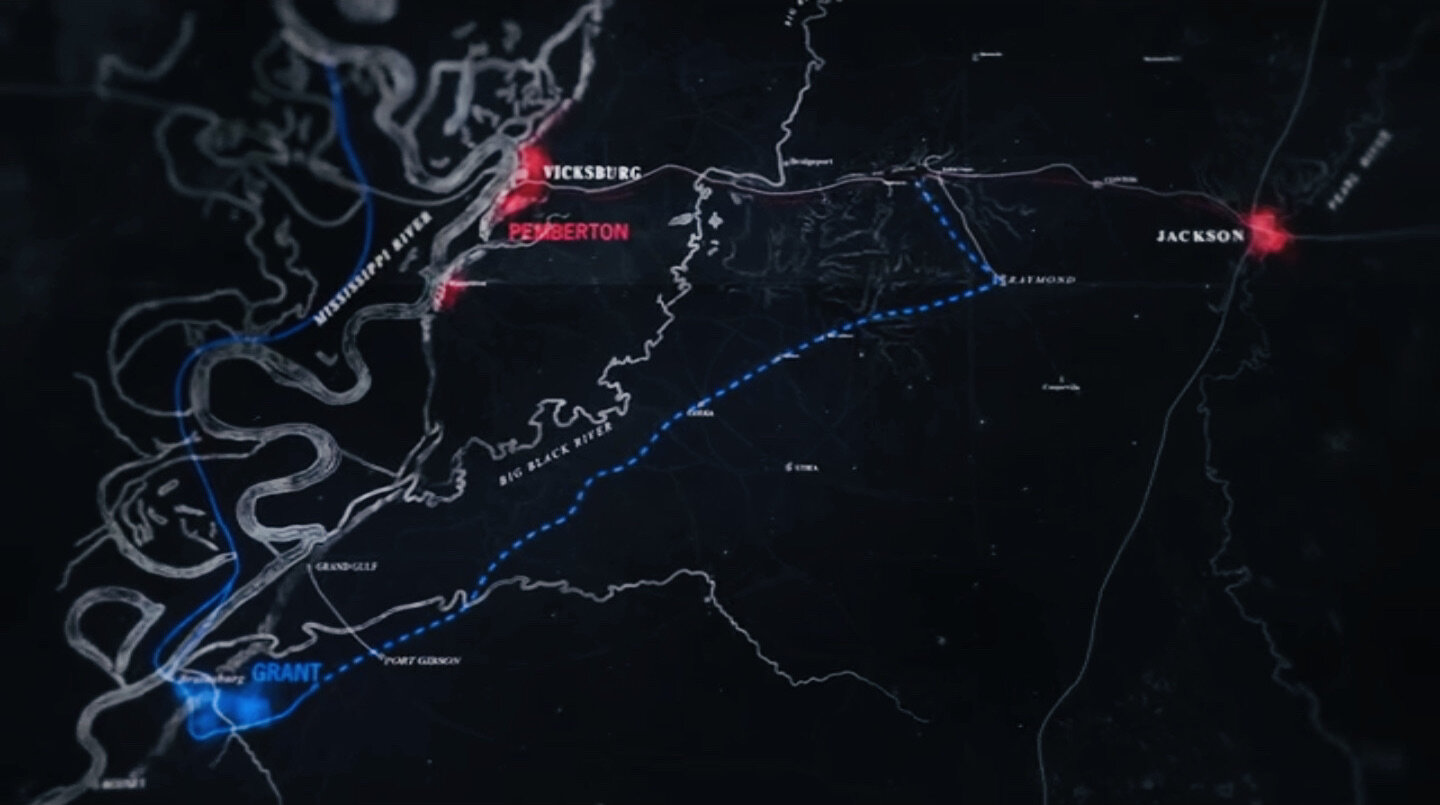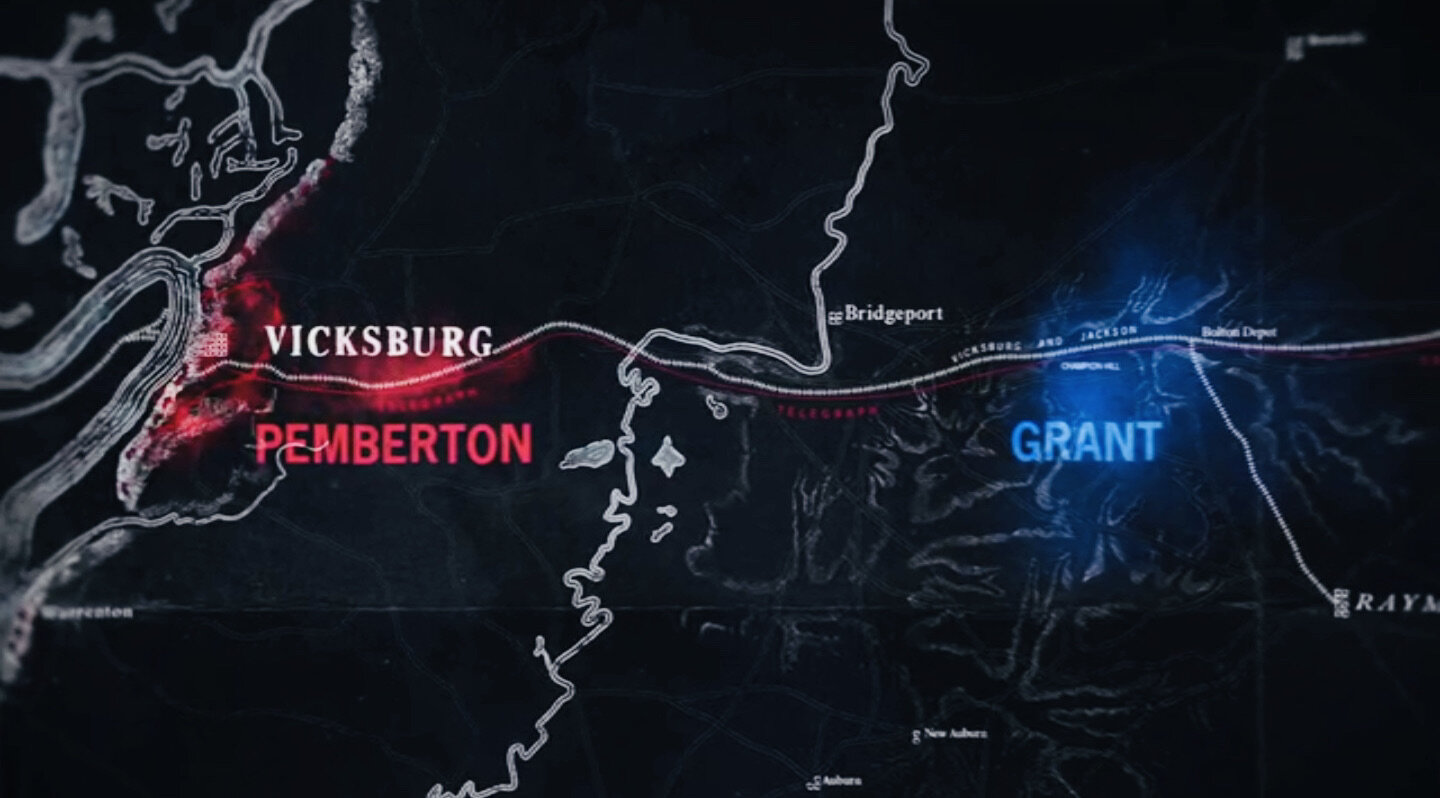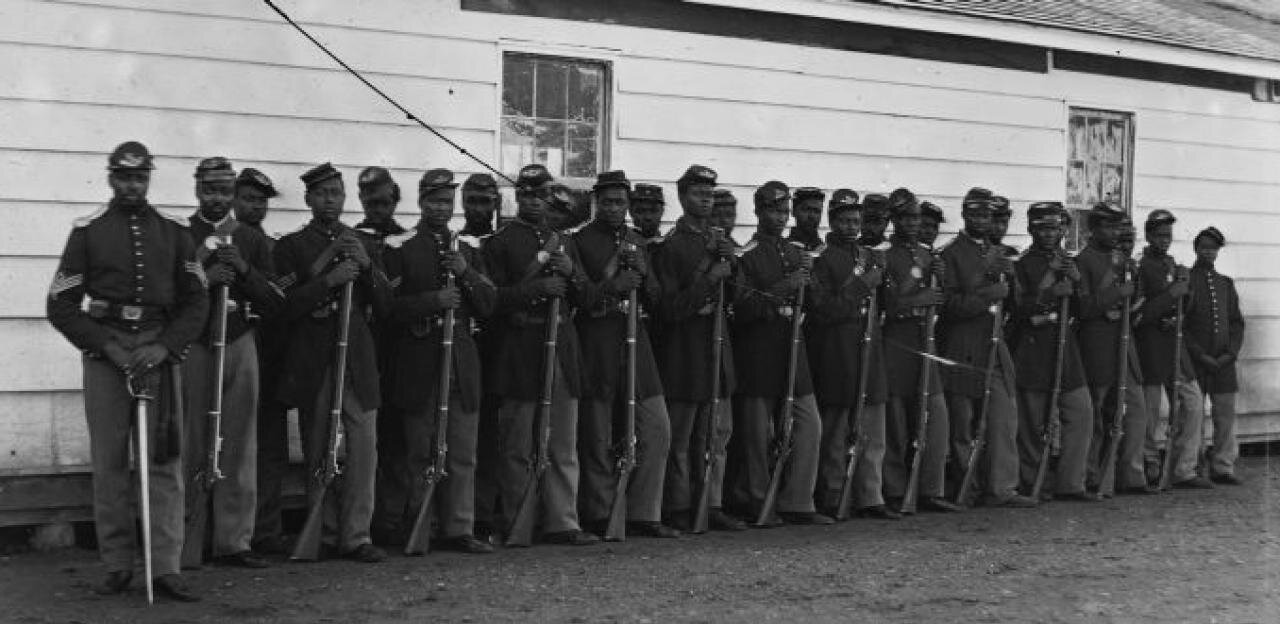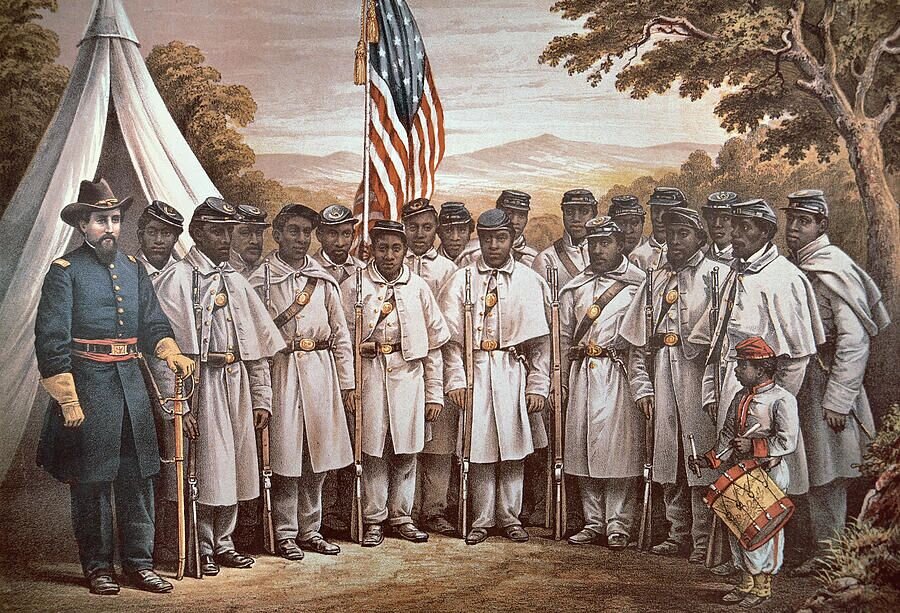The American Civil War and the Importance of the Siege of Vicksburg: 1861-1865
Introduction
The American Civil War, also known as the War Between the States, was a four-year war between the northern states (the Union) and 11 southern states that formed the so-called Confederate States. The war had begun on 12 April 1861 and lasted until 9 April 1865. The American Civil War was the most horrible and bloodiest war ever fought on the American continent. The war had costed the lives of approximately 620,000 soldiers, millions more injured, and had ruined most of the southern states. During this Civil War, many important battles and sieges had taken place, but one of the most critical sieges was the Siege of Vicksburg, which took place in 1864. But why did the Siege of Vicksburg play a crucial role during the War?
The Cause
The reason that a Civil War broke out already came a long way. During the mid-19th century, the United States was experiencing a period of tremendous growth. However, this growth was not evenly progressing in the southern regions as it was in the northern regions. The northern states were a way ahead in manufacturing and industry in contrast with the southern states. The South was more focused on agriculture and on a large-scale farming system that used Black enslaved people to cultivate crops, especially cotton and tobacco.
Subsequently with the start of the abolitionist sentiment in the North from the 1830s and northern opposition to slavery’s extension into the newly occupied western territories made many southern states feel anxious about the existence of slavery in America, the most important growth factor of their economy.
The Election of 1860
The war was just a few steps away before Abraham Lincoln was elected as the new President of the United States. This was seen as the last drop for the southern states, as Abraham Lincoln and the republicans had the intention of ending slavery from the constitution. The South could not accept this as they largely relied on slavery. Shortly after the election of 1860, seven southern states seceded from the United States, and later four more states seceded, forming the Confederate States of America. The Confederates could not wait to see their “property” being taken and started the conflict on April 12 by firing the first shots at the federal-held Fort Sumter in South Carolina; the Civil War had begun.
General Ulysses Grant
General Ulysses Grant was the general that led the Siege of Vicksburg to success. This siege that was of great importance during the American Civil War paved the way for Grant to become one of America’s greatest heroes, that saved the nation. The victory at the Siege of Vicksburg earned Grant the rank of Lieutenant General that was given by President Abraham Lincoln. This meant that Grant had now gained full power of all U.S. armies. Grant was becoming a saviour.
Grant was graduated as a soldier from West Point in 1843 and quickly climbed through the ranks during the war. His “bulldog grip” made it possible to win battle after battle and ultimately end the war. His reputation during the American Civil War made it possible to be elected as the 18th President of the United States. During his presidency, Grant fought very hard for equality between men and restarted the reconstruction project that President Abraham Lincoln introduced, but that had a short break under the Presidency of Andrew Johnson. This reconstruction plan has had the object to reconstruct the southern states that were ruined during the war and to pave the way for the freed slaves, both in the north and in the west.
The “Calm” before the Storm
To give freedom to every man, coloured or not coloured, many battles had to be fought and ultimately won. Moreover, the Siege of Vicksburg was one of those crucial victories that gave the Union the sense that the end of the war was nearby. The Siege of Vicksburg started on May 18, 1863, but before the siege had started, many different tactics and battles that led to the siege had taken place.
It was not an easy task for General Grant and his army to take Vicksburg. Vicksburg had nine major forts of defences, equipped with 172 big guns, and stretched for more than eight miles. The city of Vicksburg is located at the east bank of the Mississippi River, which made it difficult for the union army to attack the city immediately from the ground. The army of Grant first had to find open ground, and the only open ground around Vicksburg was to the south of the city. So, the first challenge for Grant was to get his troops to the south of the city. To make this possible, Grant ordered Admiral Porter of the Navy to cross the Mississippi on the evening of April 16, 1863. Although the Confederate defences were alarmed about the crossing, none of the Union ships had sunk. At the same time, Grant led the rest of his troops around the river and ultimately crossed the river on April 29 – 30.
Immediately after the crossing, Grants army confronted the Confederates at Port Gibson and Raymond. These two victories allowed General Grant to capture Jackson, the capital of the state Mississippi and to cut General Pembertons line of supplies and communication. Furthermore, the two armies also clashed on May 16 at Champion Hill and on May 17 at the Big Black River. Both battles were victories for the Union, which forced General Pemberton and his army to retreat to Vicksburg.
The Siege
The Siege of Vicksburg did start on May 18, 1863, immediately after the retreat of General Pemberton and the Confederate army. General Grant thought that a direct assault would prevent General Pemberton to settle in and prepare his troops. Even though this idea of Grant was logical, it did not create any advantage as the Confederates did hold their ground with success.
Heavy bombardments from the ground as from sea continued. At the same time, Grant ordered his troops to dig some tunnels and to set explosives to disable the Confederate defences. Ultimately a mine with 2,200 pounds of black powder caused a massive explosion and broke the defences. The 47-day siege was coming to an end.
After the massive explosion, both sides fought for more than 20 hours in close combat. Nevertheless, this made the already harsh conditions of the Confederates even worse. This subsequently led to the surrender of General Pemberton and his army on July 4, 1863. At first, Grant demanded a fully unconditional surrender, but after negotiating, General Grant gave parole to the Confederate defenders.
The Importance of the Siege
Several reasons gave the Siege of Vicksburg great importance. The leaders of the two sides quoted the importance of the city distinctively. So has President Abraham Lincoln remarked, “Vicksburg is the key! The war can never be brought to a close until that key is in our pocket.” On the other end, the President of the Confederates, Jefferson Davis, underlined the city as the “nailhead that holds the South’s two halves together.”
One of the reasons that made this siege crucial is that the control of the Mississippi River was the primary conduit for supplies and communication through the South. So, capturing Vicksburg would mean not only that the Confederates could not communicate properly with one another, but it would also mean a reduction in supplies. This would ultimately weaken the Confederate army in time and end the war with a victory for the Union.
However, perhaps the most important reason that deems the Siege of Vicksburg so high is the participation of coloured men in the Union army. The introduction of the Emancipation Proclamation by Abraham Lincoln - that went into action in 1863 – freed every slave in the rebellious states. After this revolutionary change, many coloured men joined the Union army and fought for the first time during the Siege of Vicksburg. More specifically, the first black troops went into action at Milliken’s Bend, protecting the supplies needed for the siege.
The participation and sacrifice of black troops in the Siege of Vicksburg was a massive step towards a new future for black people. After this, President Lincoln said that he could not consider restoring everything as it was and put those black men back in slavery after giving their lives for the Union and the nation.
Worldhisstory, Instagram
References:
Editors, H. c. (2009a, January 13, 2021). Civil War. Retrieved from https://www.history.com/topics/american-civil-war/american-civil-war-history
Editors, H. c. (2009b, July 28, 2020). Siege of Vicksburg. Retrieved from https://www.history.com/topics/american-civil-war/vicksburg-campaign
(2020). [Television series episode]. In History (Executive producer), Grant.

